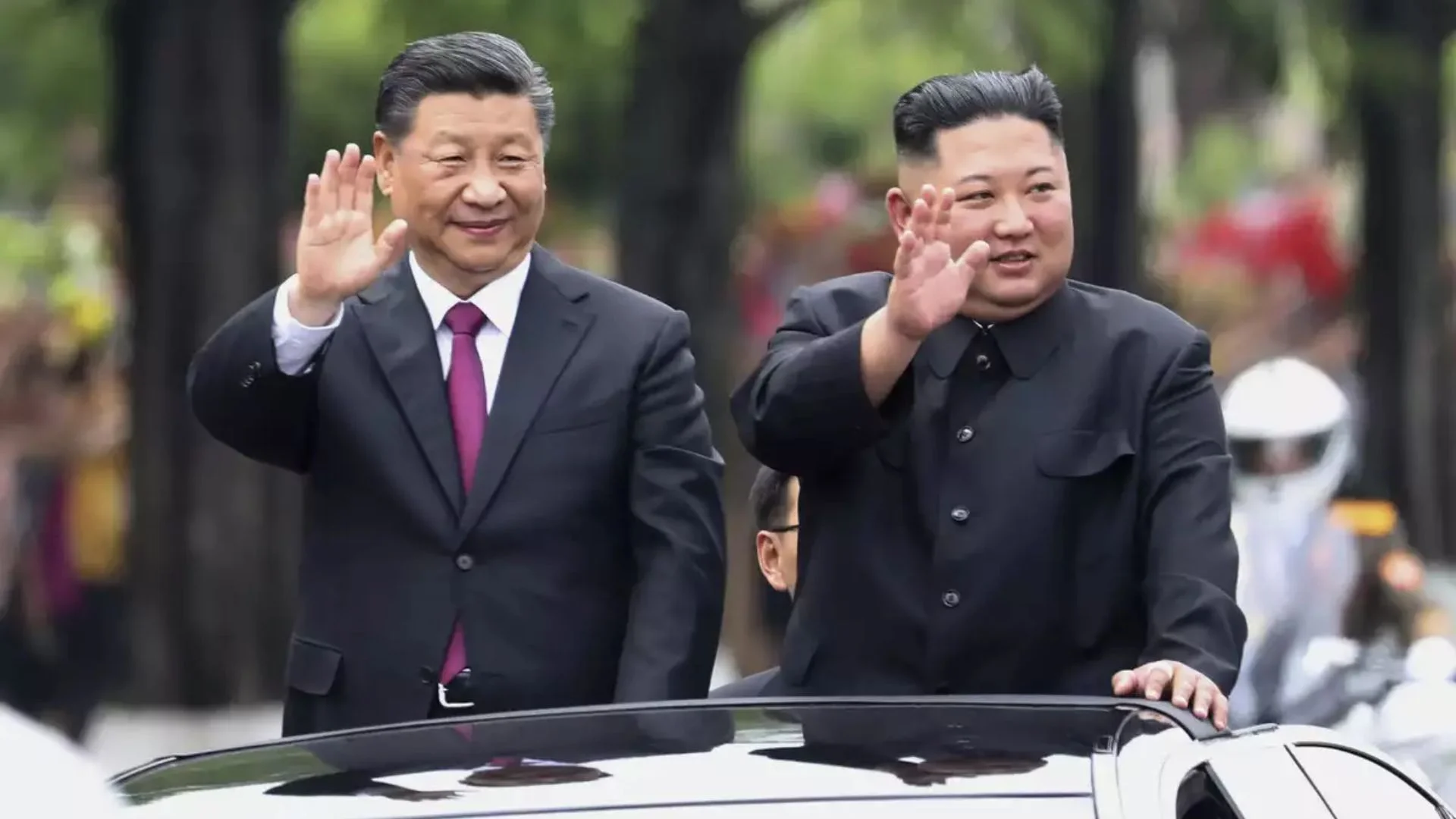In a show of unity, Chinese President Xi Jinping and North Korean leader Kim Jong Un pledged to enhance bilateral cooperation as they marked the 75th anniversary of diplomatic relations between their countries, according to Pyongyang’s state news agency, KCNA.
Xi emphasized the importance of China-North Korea relations in his message, stating that China is eager to “write a new chapter” through strengthened communication and collaboration. As North Korea’s largest trading partner, China has historically supported Pyongyang, dating back to the Korean War (1950-1953), which solidified the division between North and South Korea.
However, China’s reaction has been cautious following North Korea’s growing ties with Russia, particularly after the signing of a strategic treaty this year that includes mutual defense provisions.
In response, Kim expressed his commitment to enhancing friendly and cooperative relations with China, emphasizing the need for alignment in this “new era.”
Amidst these diplomatic developments, North Korea is preparing to revise its constitution, potentially abandoning its long-standing goal of peaceful unification with South Korea. This amendment, set to be discussed in a parliamentary session on Monday, may redefine the inter-Korean border and could heighten tensions on the peninsula. Experts warn that the proposed changes might characterize South Korea as the “primary foe,” with Kim suggesting plans for “occupying, subjugating, and reclaiming” the South in the event of war.
Concerns are growing that North Korea could assert its intent to pursue unification by force, possibly including the use of nuclear weapons. Lim Eul-chul, a North Korea studies professor at Kyungnam University, noted that redefining territorial claims could serve as a “new flashpoint” in relations between the two Koreas.
On Friday, Kim made a bold statement asserting that his country would not hesitate to employ all available offensive forces, including nuclear capabilities, should there be any attempts to infringe upon its sovereignty.























